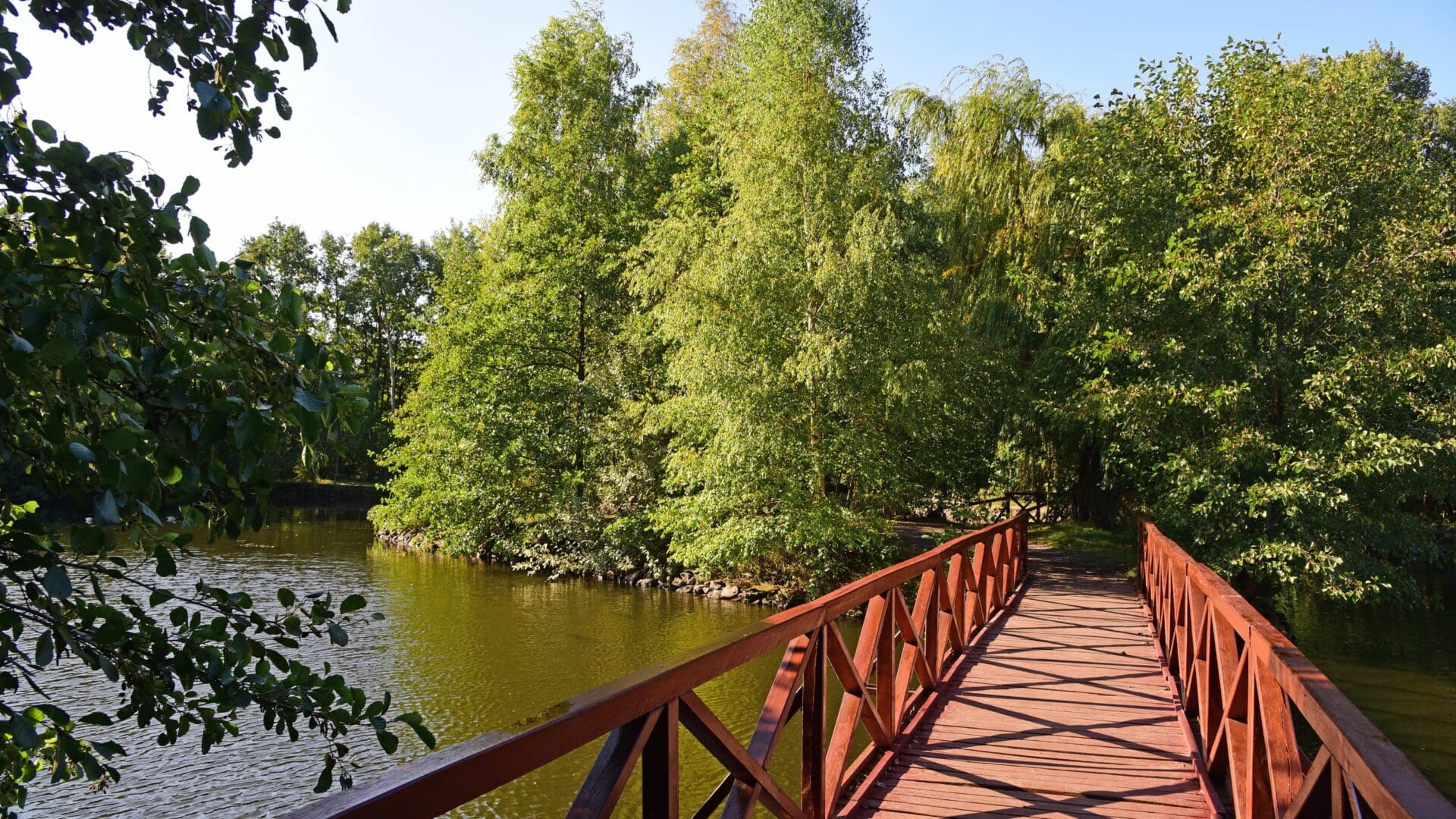Greenpeace recently announced that it is starting a 40-day project that affects 50 countries as part of an expedition with the goal of preserving the forests of the Carpathian Mountains. The organisation noticed tremendous degradation from satellite imaging in 2022, as stated in a recent press release.
The organisation set up a team consisting of local and regional experts and also civilian volunteers. The teams are going to visit Romania, Ukraine, Hungary, Slovakia and Poland, with the goal of raising awareness and emphasising that stricter regulations are required in the defence of Europe’s
last remaining old and untouched forests.
During the trip, members of the team will take photos, record videos and draw up reports about the remaining forests of the Carpathian Mountains and the weaknesses of environmental protection.
The Hungarian station of the tour will be the Mátra, which is part of the Carpathian Mountains. Members of the expedition arrived at the location on 30 May, to assess the status of the forests in the area, and to meet with Hungarian foresters and ecologists.
Katalin Rodics, the biodiversity campaign coordinator of Greenpeace Hungary, stated that the forests that still remain in the Carpathian Mountains are the natural habitat of a countless number of wild animals, flora, contain an immense amount of coal, hold water back, provide defence from floods and against other natural disasters,
and yet they are being continuously destroyed.
She added that there is a need for a cooperation in the European Union to preserve these valuable habitats.
Greenpeace’s report based on satellite imagery analysis revealed that profit-oriented, production-focused forest management is taking place in much of the Carpathian Mountains. Only 3 per cent of the vital forest habitats are areas without logging, while in the rest of the area, an average of over five football fields of forest disappears every hour.
According to Greenpeace’s calculations, if the destruction continues at the current pace, 20 per cent of the remaining forest cover will vanish by 2050. Therefore, the environmental and nature conservation organisation has launched an international campaign combined with a petition, with the expectation that the European Commission and national authorities will urgently develop a cross-border action plan and ensure the necessary EU financial resources for its implementation.







